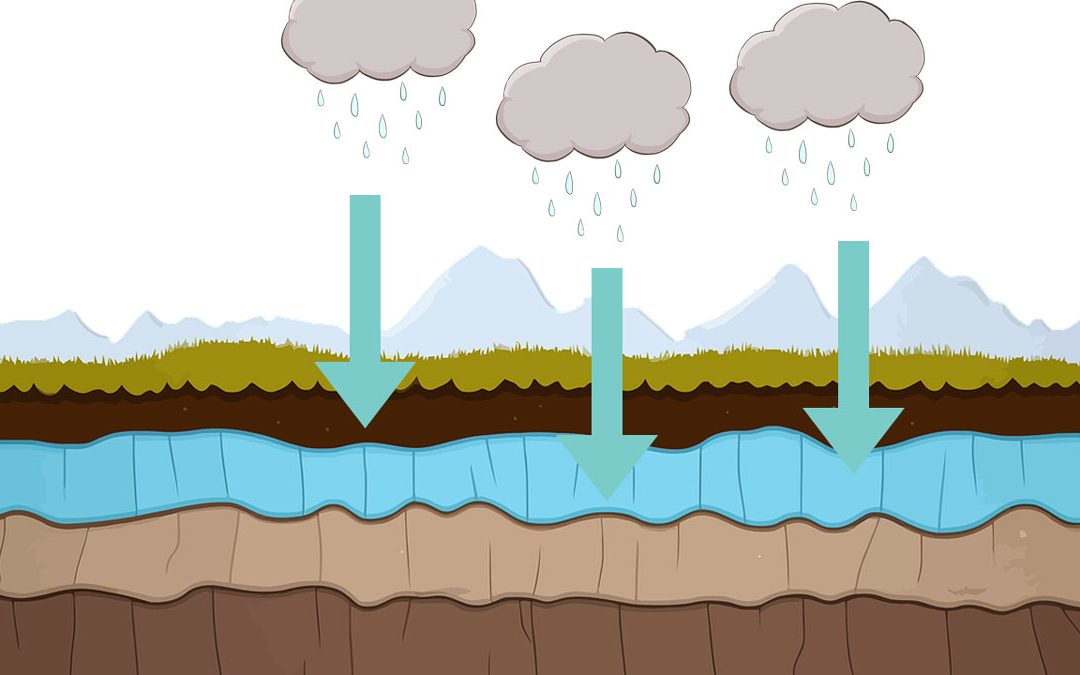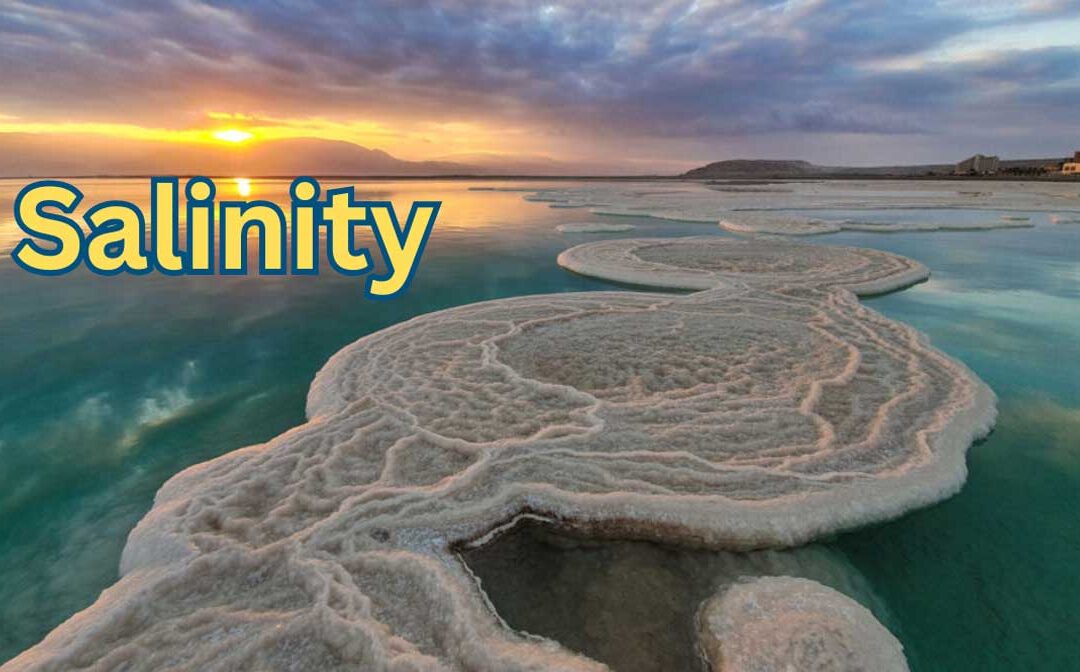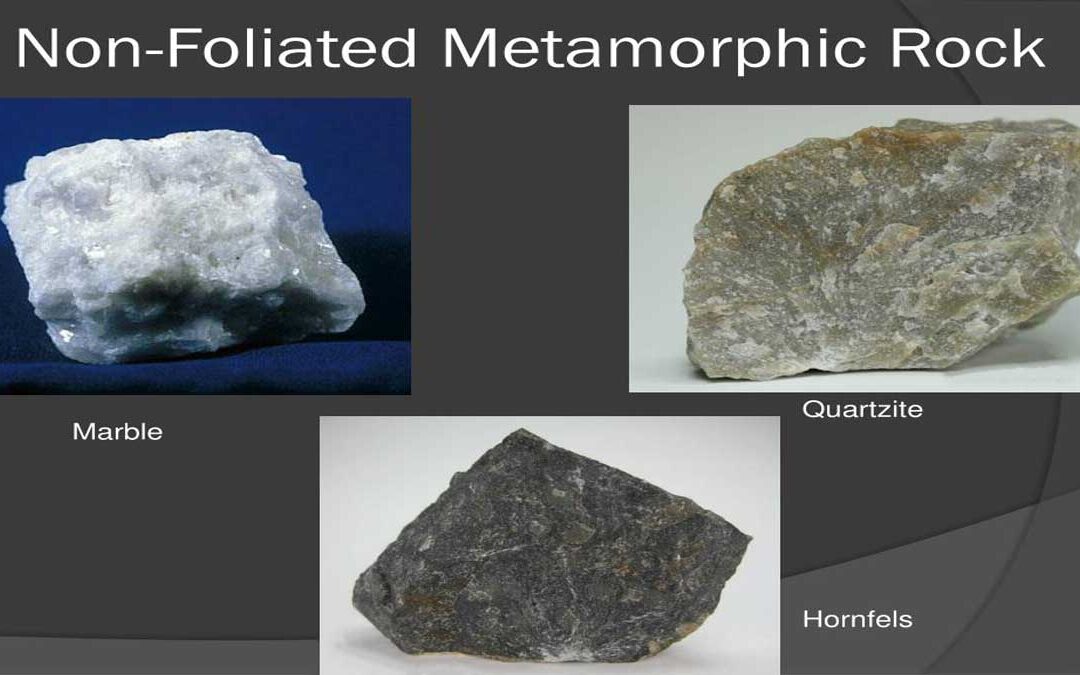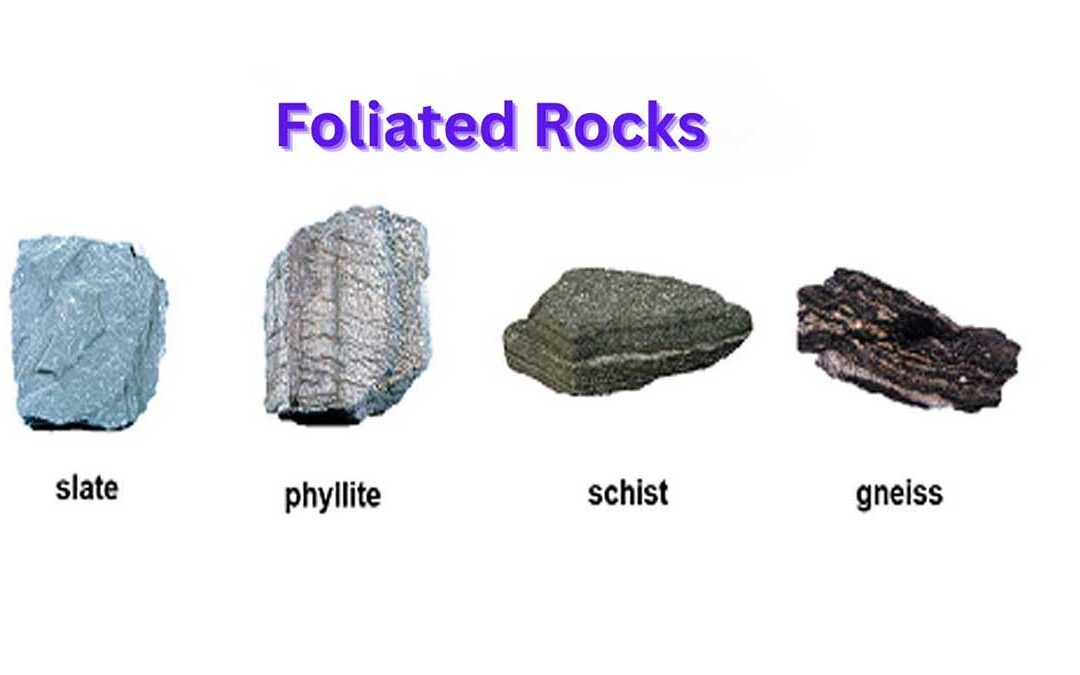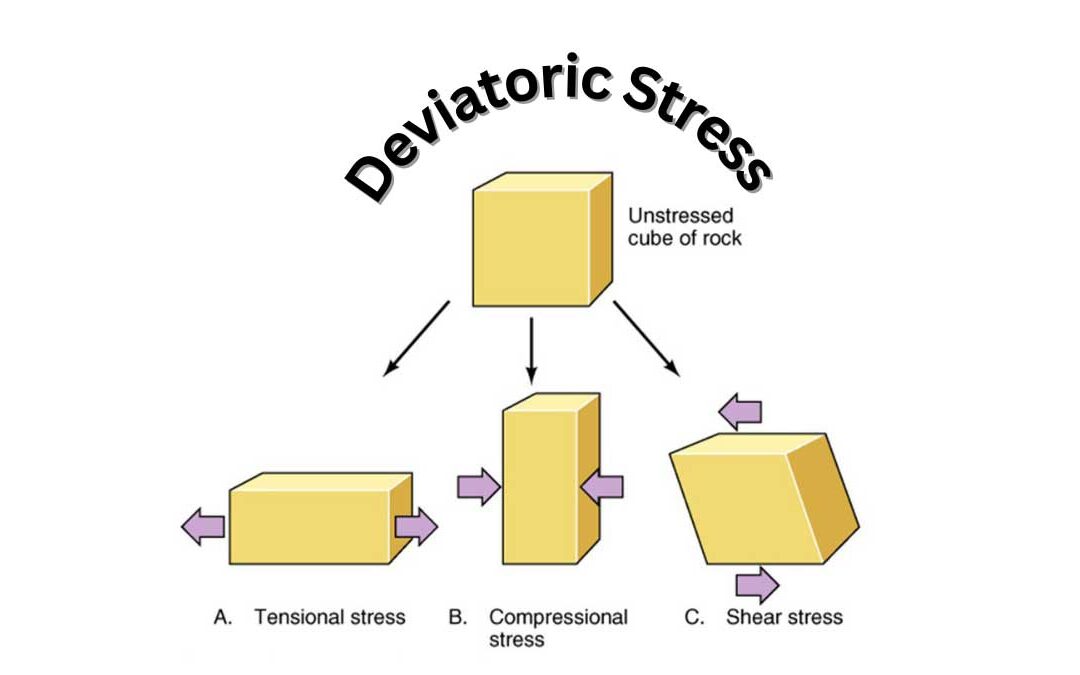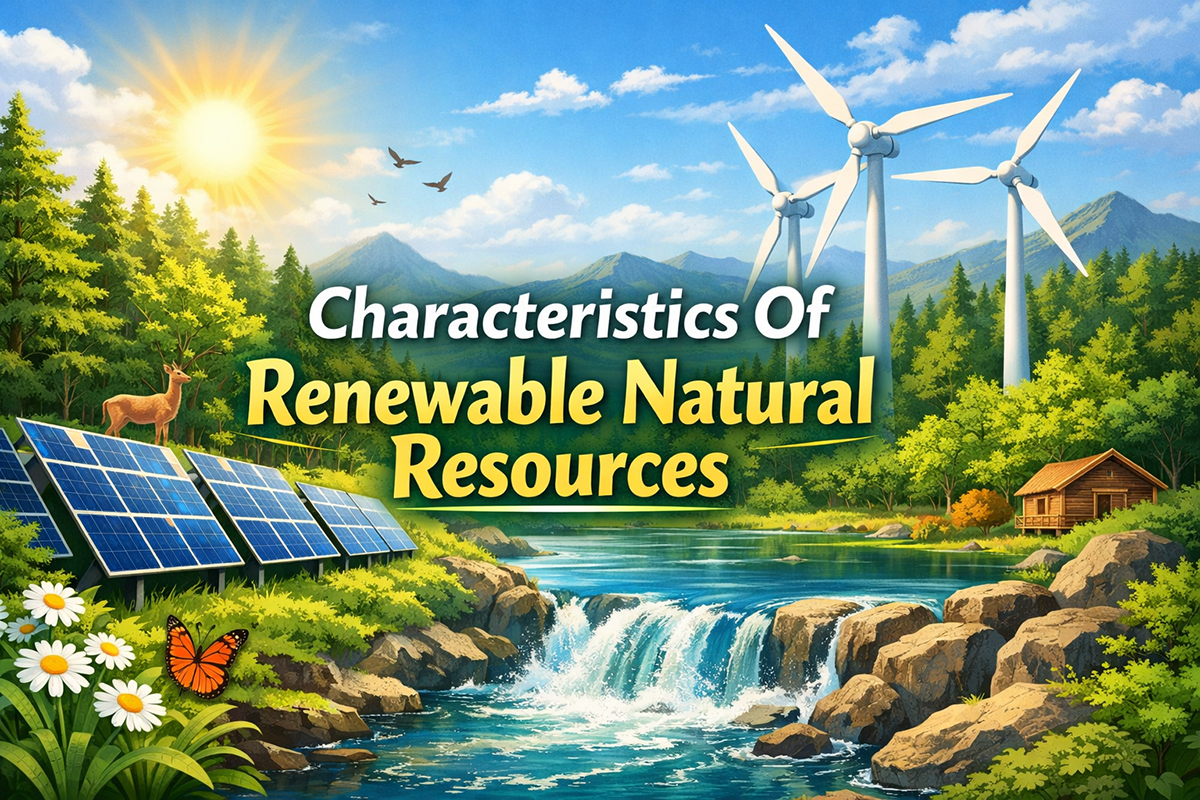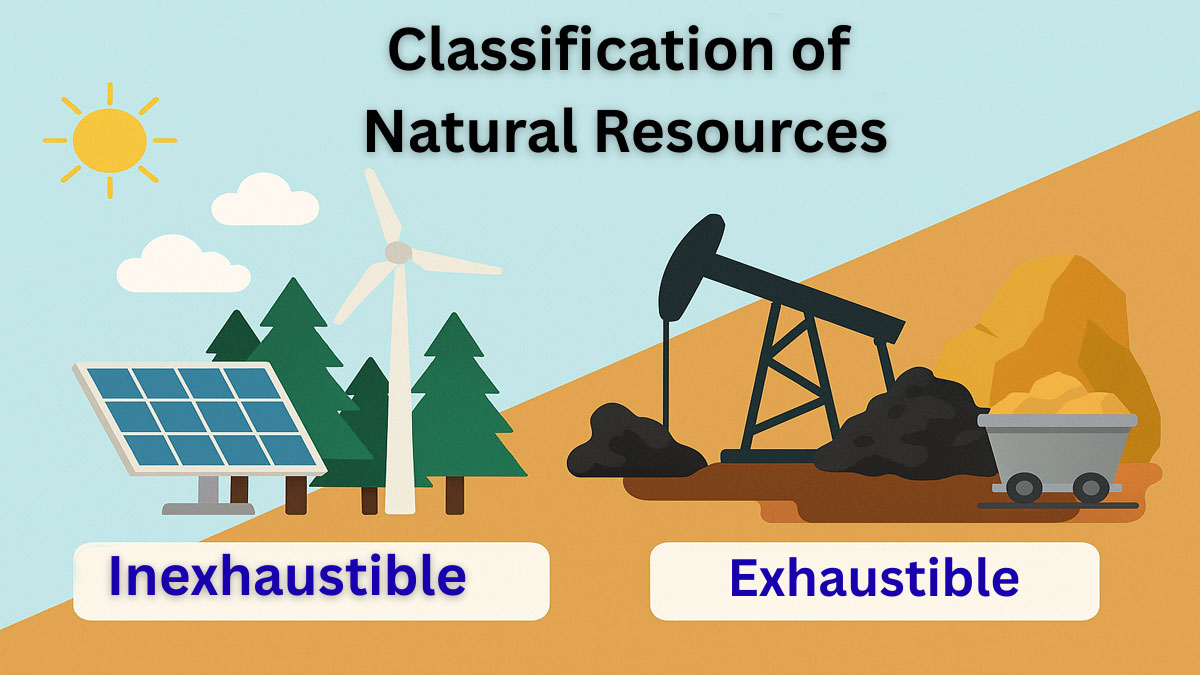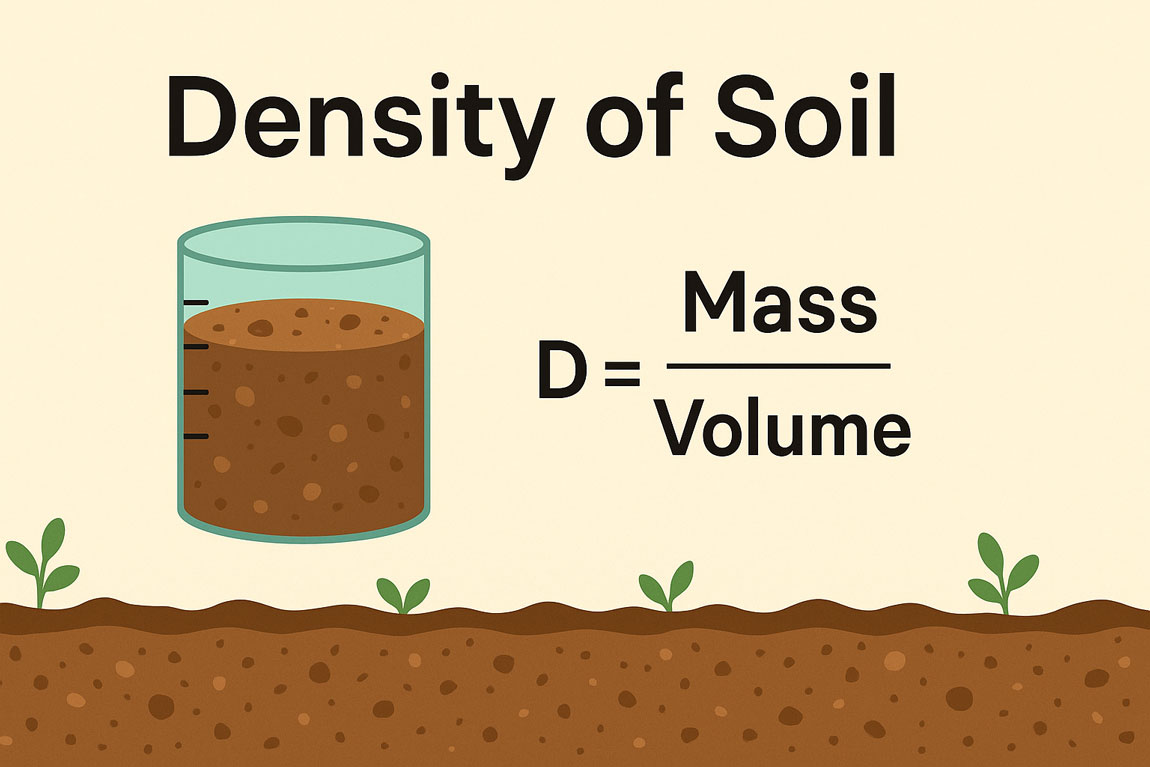
by Gelogia | Jul 4, 2025 | Hydrology
A material is permeable if it contains continuous voids. All materials, such as rocks, concrete, soils, etc., are permeable. The flow of water through all of them obeys approximately the same laws. Hence, the difference between the flow of water through rock or...

by Gelogia | Jan 30, 2025 | Hydrology
Salinity makes an extraordinary tracer of water motion inside the ocean. Hence, it’s far routinely measured, at the side of any other conservative tracer, temperature. The salinity of seawater commonly averages around 35 ppt, which means 35 grams of salt in step...

by Gelogia | Jan 29, 2025 | Mineralogy, Uncategorized
Non-foliated rocks are metamorphic rocks without a layered structure, forming under uniform pressure or due to mineral composition. Common types include marble, quartzite, hornfels, granofels, and amphibolite, each with unique textures and properties. What are...

by Gelogia | Jan 29, 2025 | Mineralogy
Foliated rocks include slate, phyllite, schist, gneiss, and migmatite. Each type varies in grain size, mineral composition, and foliation intensity, reflecting different metamorphic conditions. What are Foliated Rocks? Foliated rock forms when pressure squeezes into...

by Gelogia | Jan 26, 2025 | Petrology
Deviatoric Stress or Directed Pressure: Deviatoric stress is produced by tectonic forces in the Earth, such as plate motions; this pressure brings about change to produce foliations and lineation’s. This is commonly represented in terms of three stress values in the...
